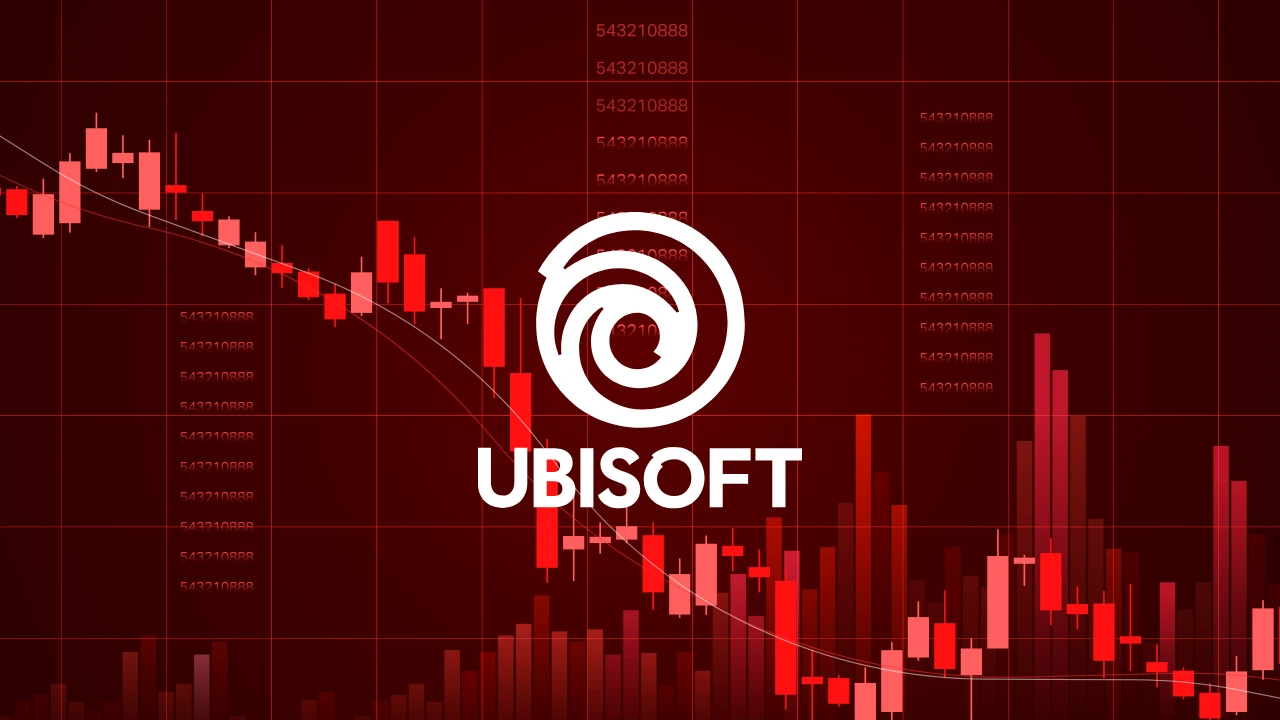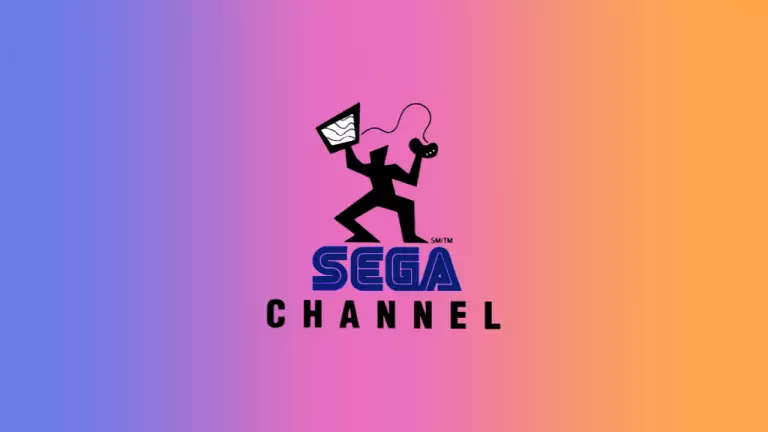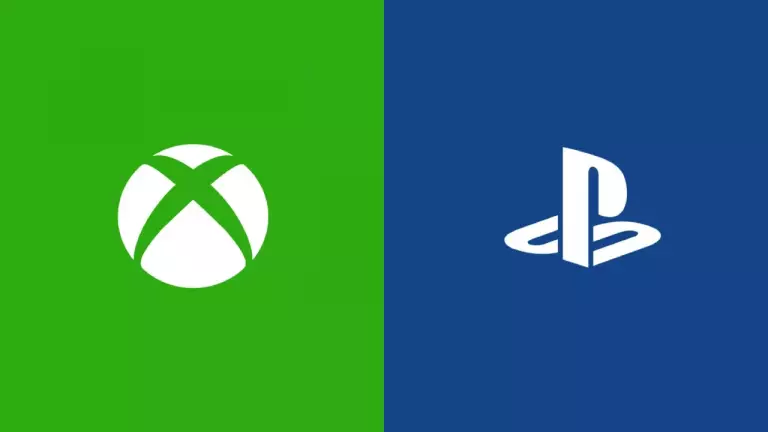Last year, around this same time, Unity, the company behind one of the most widely used game engines in the entire industry, sparked massive controversy by unexpectedly introducing an installation fee. As we mentioned in our article, this strategy was proposed and implemented by then-CEO John Riccitiello, a greedy and unscrupulous man with a long track record of misdeeds while leading various companies in the sector. It’s worth remembering that during his tenure as president of EA, he once proposed in a shareholders’ meeting to charge real money for players to reload their weapons in Battlefield 3. He was also the mastermind behind the introduction of loot boxes in FIFA 09.
Returning to the Unity case, just days before announcing the new fee, the CEO himself sold 2,000 shares of the company, knowing that once the change was announced, their stock price would drastically drop due to public backlash. By that point in 2023, he had sold a total of 50,610 shares of his company without buying a single one. Following the enormous uproar generated after the new fee was made public and the wave of criticism it received, Riccitiello was forced to resign as CEO barely a month later, although he remained as an advisor to “ensure a smooth transition.” However, the damage was already done, not just to the company’s reputation but also to its stock price. By May 2024, Unity’s shares had fallen by more than 60%, leaving the company with a total valuation of $6.7 billion as of today, a far cry from its historic maximum valuation of $57 billion reached in November 2021.
This past May, the transition was finalized, and Matthew Bromberg became the new president of Unity Technologies. The new CEO brings extensive experience in the industry. His most recent role was as Chief Operating Officer at Zynga, the leader in the mobile gaming market. Before that, he held various leadership positions at Electronic Arts, including Senior Vice President of Mobile Strategy and Operations. Prior to that, he was President and CEO of Major League Gaming, one of the most renowned and long-lasting professional esports organizations.
The new CEO of Unity immediately cancels the Runtime fee
One of the main challenges Bromberg has faced has been the massive loss of trust caused primarily by the backlash against the installation fee that was attempted before his tenure. Regarding this, he decided to reverse course and cancel the fee with immediate effect in hopes of regaining users’ confidence. This was officially communicated in a Unity blog post:
After a thorough consultation process with our community, customers, and partners, we decided to cancel the Runtime fee for our game customers, with immediate effect. This modification does not affect non-gaming customers in the Industry sector.
We’ve decided to return to our per-seat subscription model for all our game customers, including those adopting Unity 6, the most stable and high-performing version of Unity to date, which is set to release later this year.
If we change the Editor software terms in a way that affects you, you can continue to use the version of the software you currently have under the terms you originally agreed to, as long as you remain on that version.
How much do subscriptions cost after the recent changes?
Alongside the removal of the Runtime fee, Unity has had to increase the prices of some subscription plans to remain financially stable, leading to some changes in the larger subscription tiers.
- Unity Personal: This will remain free, and its current revenue and funding cap will double from $100,000 to $200,000. This means more users will be able to use Unity for free. The “Made with Unity” splash screen will be optional for Unity Personal games developed with Unity 6, which is slated for release later this year.
- Unity Pro and Unity Enterprise: The subscription prices and annual revenue thresholds for these plans will be adjusted, effective January 1, 2025. These changes will apply to both new and existing Unity Pro and Enterprise customers when they purchase, renew, or upgrade their plan after this date.
- Unity Pro: An 8% subscription price increase will take the annual cost of Unity Pro subscriptions to $2,200 per seat. Unity Pro will be mandatory for customers with a total annual revenue or funding exceeding $200,000.
- Unity Enterprise: There will be a 25% price increase for Unity Enterprise subscriptions. Unity Enterprise will be mandatory for customers whose total annual revenue and funding exceed $25 million. A minimum subscription requirement may also apply. Given that this group includes the company’s largest customers, with unique needs and usage of various products and services, Unity will be reaching out to them individually to discuss personalized packages.
If the terms of the Editor software are changed at any time, you can continue using the version of the software you currently have under the terms you originally agreed upon, provided you don’t upgrade to a newer version. Although the removal of the controversial fee was accompanied by a price increase, the general opinion among developers and users so far has been positive.






